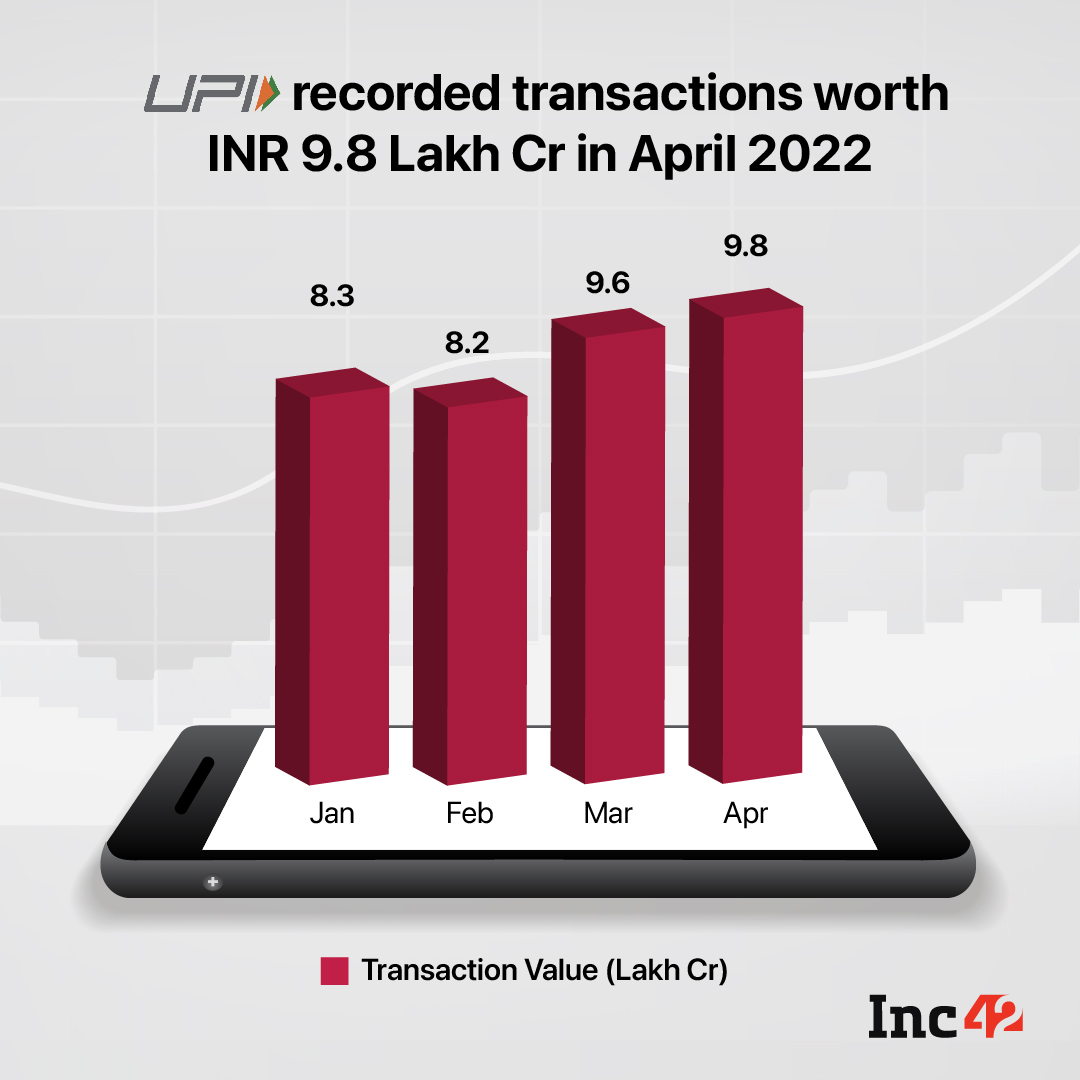Unified Payments Interface (UPI) Transactions Decline in April 2023:
The National Payments Corporation of India’s “UPI Monthly Product Statistics” reported a decline in the volume and value of UPI transactions in April 2023, following a peak in the previous month. The transaction volume declined 7.96% month-on-month (m-o-m) to 796.29 crore, while the transaction value declined 9.51% m-o-m to ₹12.71 lakh crore.
Buy Prime Test Series for all Banking, SSC, Insurance & other exams

UPI – A Game-Changer in Retail Payments:
UPI is a single mobile application that allows users to access different bank accounts and conduct various transactions. The platform’s features include immediate money transfer through mobile devices, utility bill payments, over-the-counter payments, and QR code-based payments.
According to RBI Governor Shaktikanta Das, UPI has transformed retail payments in India. The platform’s robustness has led to the development of new products and features from time to time. He further noted that RuPay credit cards have been linked to UPI, and the platform has already been linked with deposit accounts.
Expansion of UPI’s Scope:
Governor Das announced that the scope of UPI will be expanded by permitting the operation of pre-sanctioned credit lines at banks through the platform. This move will enable UPI to offer a broader range of services and benefit users who require credit.
The expansion of UPI’s scope will bring significant changes to the retail payment ecosystem in India. With the ability to operate pre-sanctioned credit lines, UPI users will have greater access to credit, which will, in turn, boost the growth of small and medium-sized enterprises. Furthermore, the move will promote financial inclusion by providing users with easy access to credit.
Also Read: Wholesale inflation continues downtrend, moderates to 1.34% in March
Find More News on Economy Here




 Why a Red Bag Became the Symbol of the B...
Why a Red Bag Became the Symbol of the B...
 How Was a 100-Metre Steel Bridge Built f...
How Was a 100-Metre Steel Bridge Built f...
 Why Is India Meeting Arab Nations Foreig...
Why Is India Meeting Arab Nations Foreig...








